5 BIPOC farmers who are growing the organic movement
Published: October 7, 2021
Category: Organic News
by Rodale Institute
Farmers of color face numerous inequities that continue to shape the agricultural landscape in the U.S., where less than 2% of farmland is BIPOC (Black, Indigenous, People of Color) farmer-owned and communities of color face greater rates of food inaccessibility.
Across the country, BIPOC farmers are doing their part to grow the organic movement. Here are five farmers paving the way forward by offering their insights, inspiration, and exemplary work to their communities.
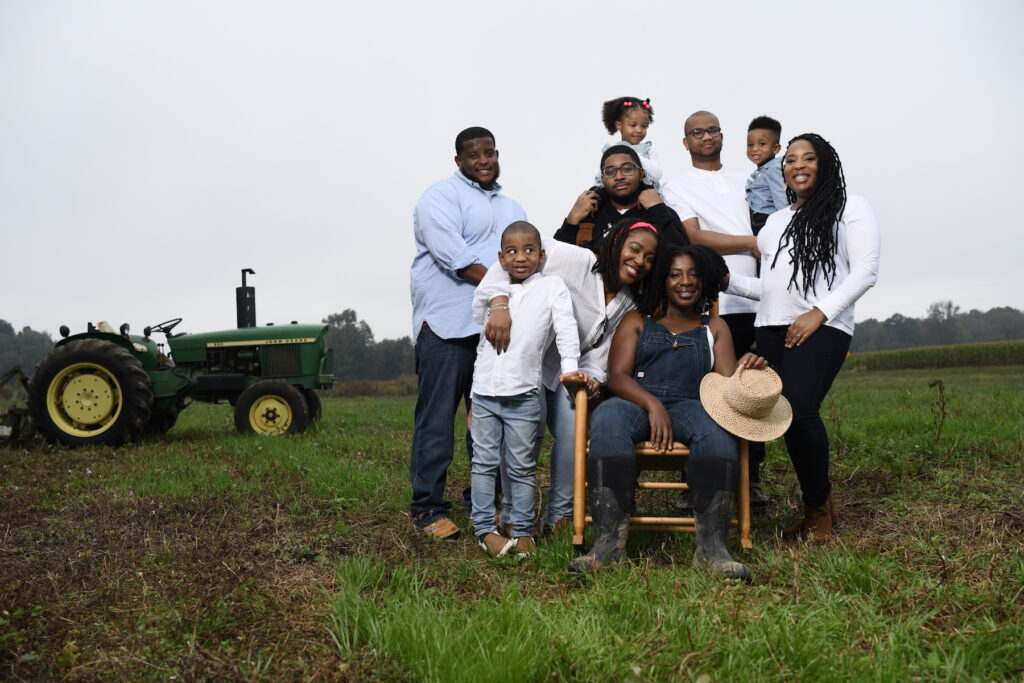
Meet Clarenda Stanley aka “Farmer Cee,” of Green Heffa Farms in Liberty, North Carolina.
Green Heffa Farms is one of the few black woman-owned medicinal plant farms in the country. At Green Heffa Farms, Farmer Cee works with the Sow Green Society to train 21 aspiring womxn farmers, 90% of whom are BIPOC. Cee plans to use her Rodale Institute BIPOC Farmer micro-grant to purchase an eco-friendly tankless water heater to upgrade her hemp and herb processing facility. Of her family-run farm, Farmer Cee says: “We grow with an ecological consciousness, employing best practices in regenerative agriculture, honoring indigenous and heritage farm practices, and upholding reparative justice.”
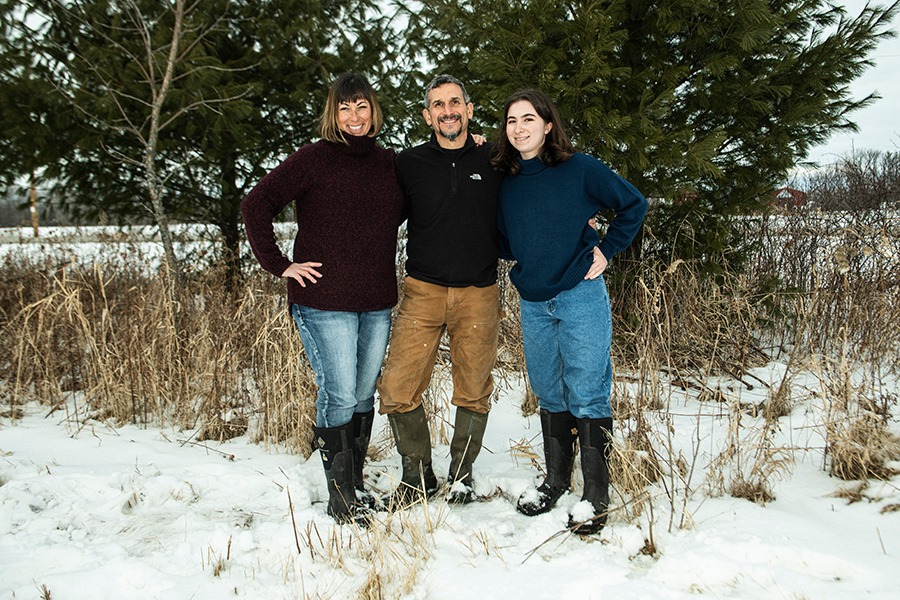
Meet Jennifer Faulk of Kahulahele Farmstead in the Oneida Nation of Wisconsin.
Kahulahele Farmstead is a family-owned poultry farm run on the Oneida Reservation that provides food to the tribal community. As they transition to organic, Jennifer and her family hope to expand their poultry processing abilities and with it, their capacity for feeding their neighbors. To Jennifer, contributing to indigenous food sovereignty is a primary objective. Kahulahele Farmstead plans to allow others in the community to make use of their equipment to expand their own poultry operations.
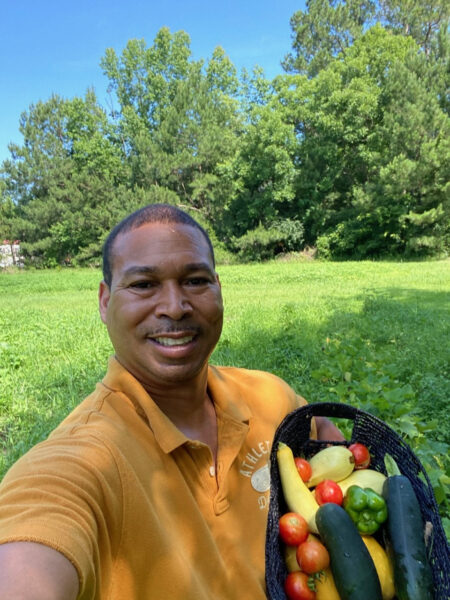
Meet Michael Snipes, owner of Ridgeville Okra Company in Ridgeville, South Carolina.
Michael is a father of two and an Army veteran with 27 years of service who works on a small farm handed down from his father. Michael s goals include expanding supplies for farmer’s markets, farm stands, and events to grow his father’s farm into a community resource. “Due to weather, equipment, and other conditions, I have weathered through many stages of grief – but finally am beginning to see the fruits of my labor.”
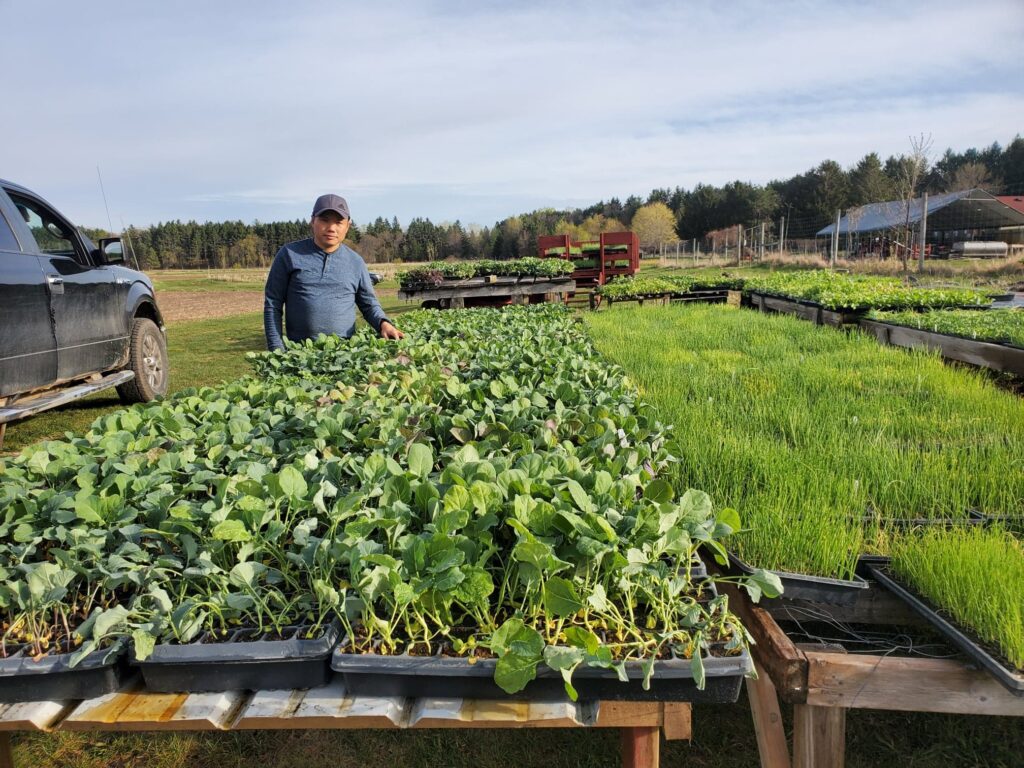
**Meet Wa Kou Hang of **Twin Cities Green Farm in St.Paul, Minnesota.
Hang studied organic farming in the Minnesota Food Association’s farmer training program, and today his farm serves the Hmong Community of Minnesota. Future plans include purchasing a compost tea sprayer to improve crop health and continue to grow healthy, delicious organic produce for his community.
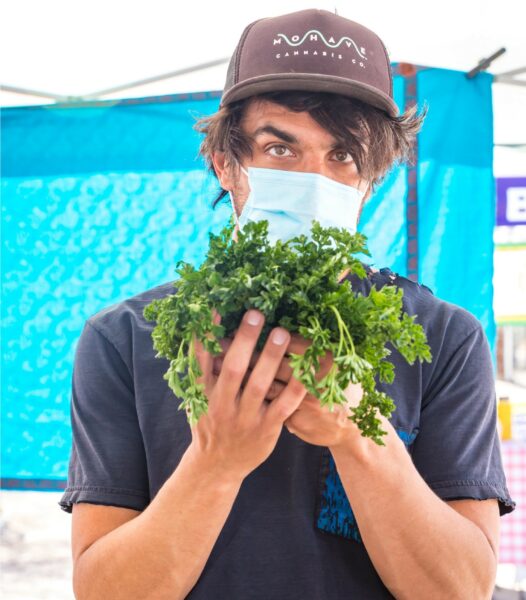
Meet John M.F. Quijada of the family-owned Wild Child Gardens in Tucson, Arizona.
Wild Child Gardens is a produce, seed, and flower farm that serves farmers markets in the greater Tucson, Arizona region. Wild Child Gardens aims to build more storage and expand, allowing for a future intern training program.
The farmers featured in this post are recipients of the 2021 Rodale Institute BIPOC Farmer Micro-grant. To apply for the 2022 funding round or to learn more, click here.
Source: Rodale Institute
To view source article, visit:
https://rodaleinstitute.org/blog/5-small-scale-bipoc-farmers-who-are-growing-the-organic-movement/
Organic & Non-GMO Insights October 2021




